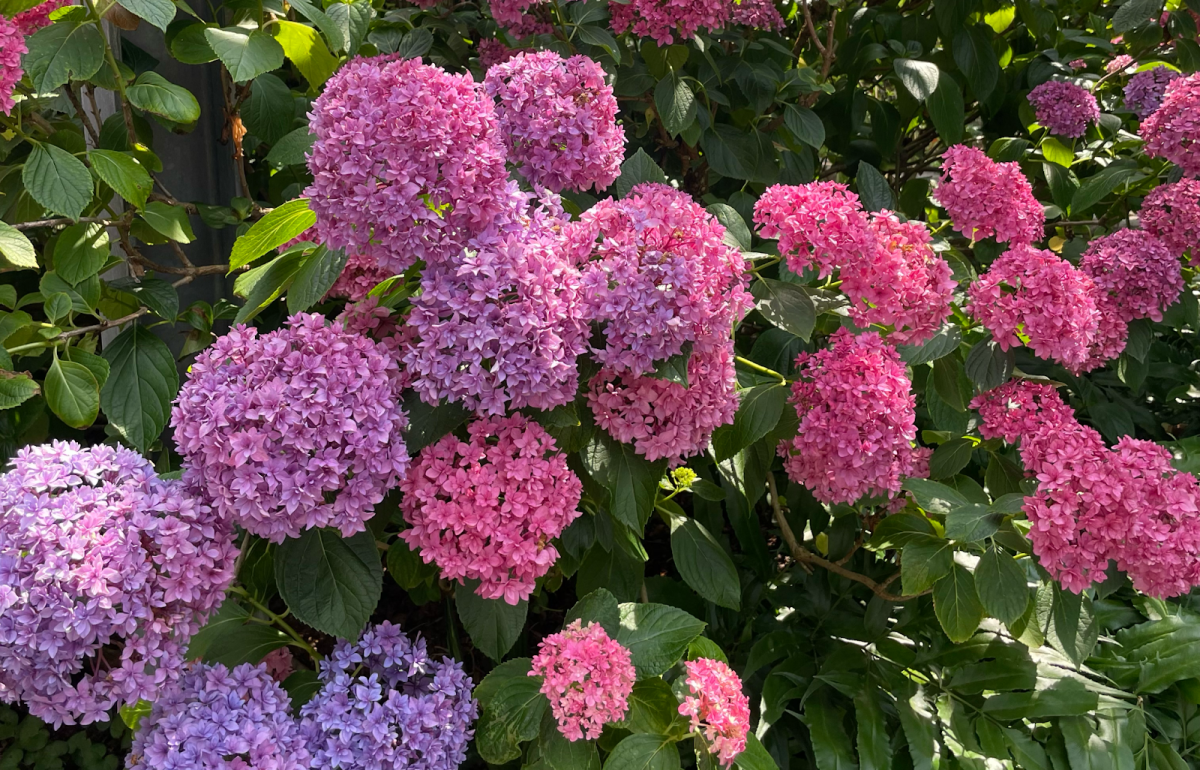As spring approaches, the weather warms and flowers bloom; as a result, pollen disperses ubiquitously. This abundance of pollen is a major problem for many, with pollen being one of the most common allergens in the world. In fact, almost half of the United States population suffers from seasonal pollen allergies. When you are allergic to pollen, your immune system reacts similarly to how it would react to regular pathogens. It mistakes pollen as a threat and combats this viewed threat through mechanisms such as mucous and histamine production, coughing, sneezing and watery eyes to expel the pollen from your body. However, as Green Hope’s Advice-Giver-In-Chief, I am here to give helpful tips on how to avoid pollen-related ailments and in the worst-case scenario, how to alleviate these symptoms!
Stay Indoors
Because most pollen exposure happens outside, staying indoors is a great way to avoid pollen! Completely shielding yourself away from pollen can ensure total protection. By closing house and car windows, as well as doors, you are preventing pollen from entering your space. Along with keeping windows and doors closed, cleaning spaces (sweeping and wiping surfaces) regularly is a great way to get rid of pollen and prevent pollen buildup. Through cleaning, you can reduce the amount of pollen you will ingest, thus reducing allergies.
Take medication
The fastest and easiest way to treat your allergies is to take antihistamine medications, such as Benadryl, Claritin or Flonase. Antihistamine medications work by combating the effects of histamine– a chemical your body releases to combat allergens– in your body. Taking medication alleviates allergic reactions such as itchy/watery eyes, a runny/blocked nose, as well as sneezing and scratchy throats.
Avoid garden work
Being outside raises the chances for you to inhale pollen, causing increased allergic reactions. Garden work, in particular, is worse than any other outdoor activity because you are working with plants, which are the direct source of pollen. Flowers and weeds have pollen that goes into the air as you are working with them and it can trigger allergies in your body and prompt symptoms such as sneezing or itching.
Wear sunglasses and a mask
During the springtime, pollen usually settles over surfaces and plants, but it can also be blown into the air by wind. To avoid being afflicted by air-borne pollen, you can wear sunglasses, which is a great way to prevent pollen from entering your eyes, as well as shield you from UV rays which can exacerbate pollen allergies. Aside from wearing sunglasses, wearing a mask can also be a good way to prevent allergy symptoms from worsening. Masks block out particles as small as three micrometers. The average pollen particle is 25 micrometers.They can block out pollen particles from entering your mouth and nose, which are the main orifices where pollen can enter your body.
I hope these tips get you through this coming springtime, because pollen is everywhere in the air, and it’s important to stay healthy to be successful in school. If you have any questions, be sure to ask in the comment section! Felicity out!












































































